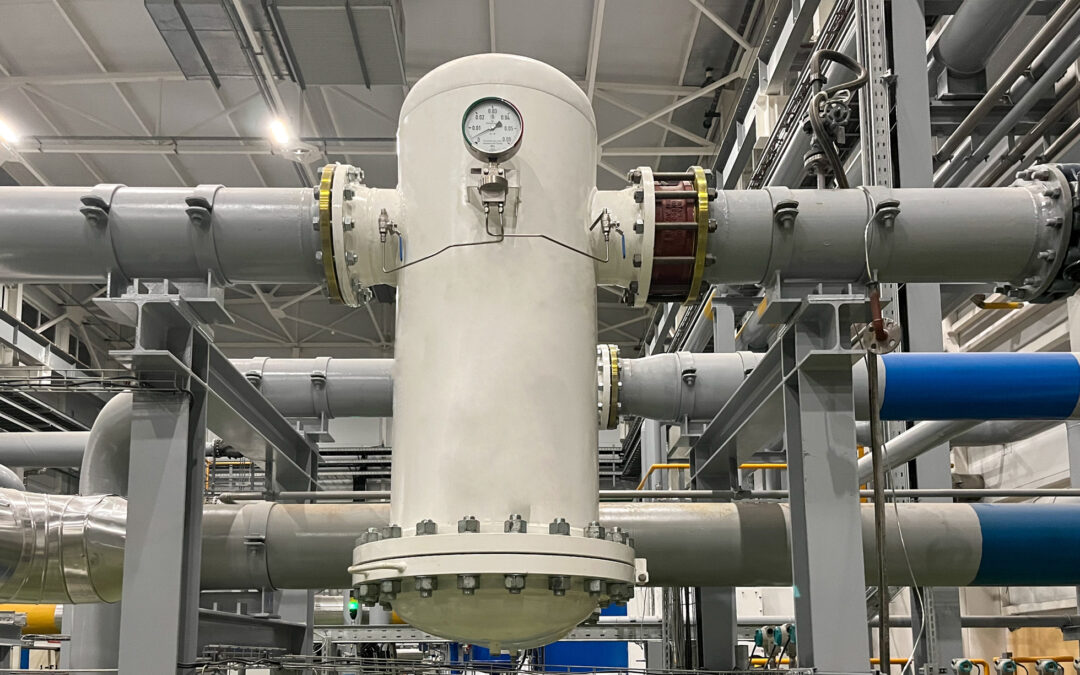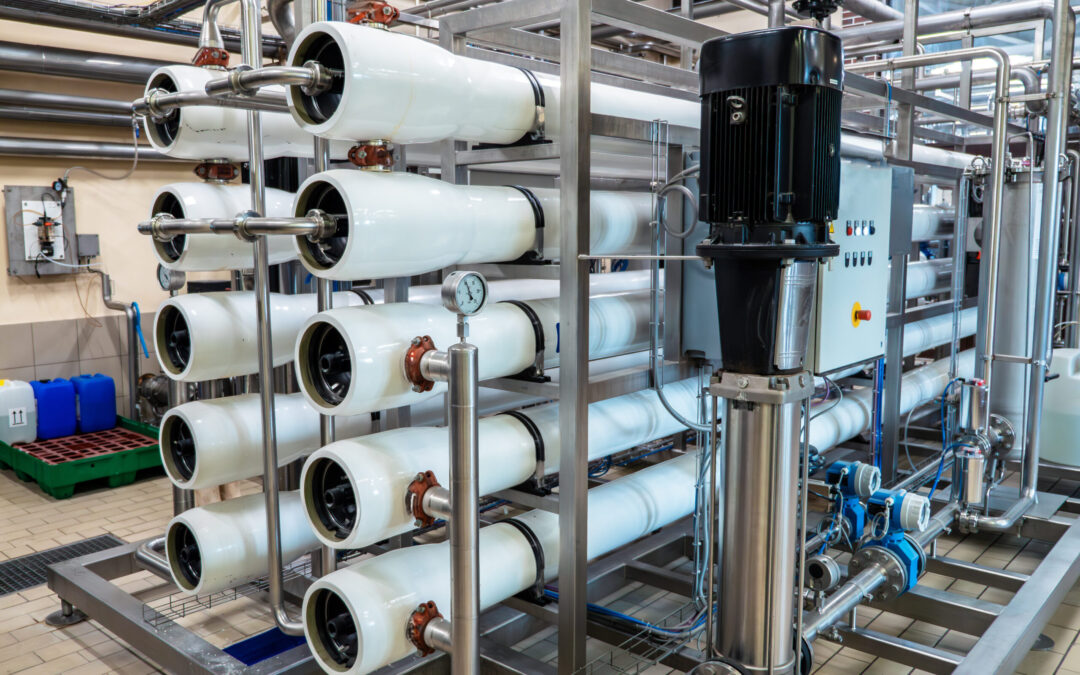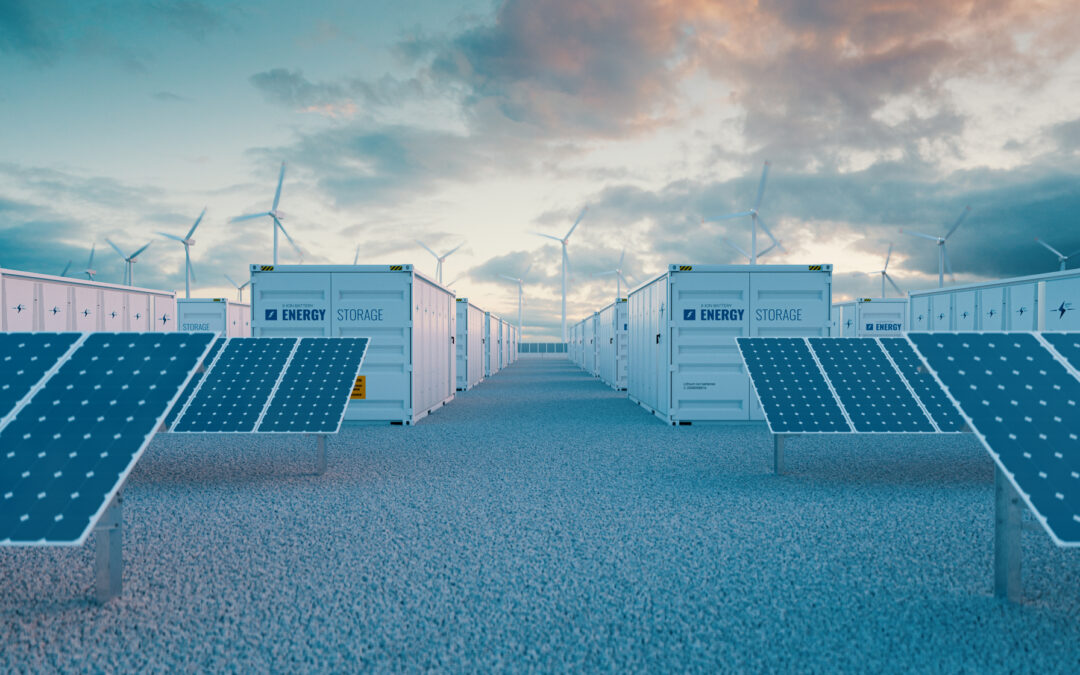
Jul 22, 2024 | Blog, Industrial Water Treatment, Membrane Filtration, Microfiltration/Ultrafiltration, Power, Reverse Osmosis, Reverse Osmosis/Nanofiltration, Semiconductor, Uncategorized, Wastewater Treatment
Why a Membrane Clean-In-Place (CIP) System? Home 9 Category: Industry Membrane separation technologies are a cost-effective and dependable solution for a wide variety of water purification and process liquid separation applications. But in order to operate as...

May 24, 2024 | Blog, Membrane Filtration, Uncategorized
How to Choose a Membrane Home 9 Category: Membrane Filtration Membrane filtration is one of the most energy efficient, compact, and cost-effective separation technologies available. To really seize on these benefits, though, it is essential to have a good system...

Apr 8, 2024 | Blog, Chemical, chemical wastewater, Uncategorized
Water Treatment Technologies to Reduce Chemical Use Home 9 Search query for: 2024 Water treatment is a set of processes used to make water suitable for industrial use or consumption. Since raw water typically contains various impurities ranging from chemicals to...

Jan 11, 2024 | Energy Sector, Green Energy, Power, Projects, Uncategorized
Fossil Fuel Transition Means Retirement for Many Coal-Fired Power Plants Home 9 Category: Uncategorized Earlier this month, leaders at the UN’s COP28 Summit announced a deal to transition away from fossil fuels, with a goal to achieve net zero carbon emissions by...

Nov 9, 2023 | Energy Sector, Green Energy, Lithium Recovery, Uncategorized
Energy Storage Systems: Impacts & Outlook Home 9 Category: Uncategorized If you’ve experienced a brownout or a blackout before, then you know an inconvenient fact about power generation—the amount of electricity being generated at any given time doesn’t...

Oct 4, 2023 | Education, Energy Sector, Green Energy, Industrial Water Treatment, Power, Uncategorized
Electrolysis and Green Hydrogen: Impacts and Outlook Home 9 Category: Uncategorized As the world looks for more sustainable ways to meet its growing energy demand, green hydrogen is almost always part of the conversation. But what exactly is green hydrogen, and...








